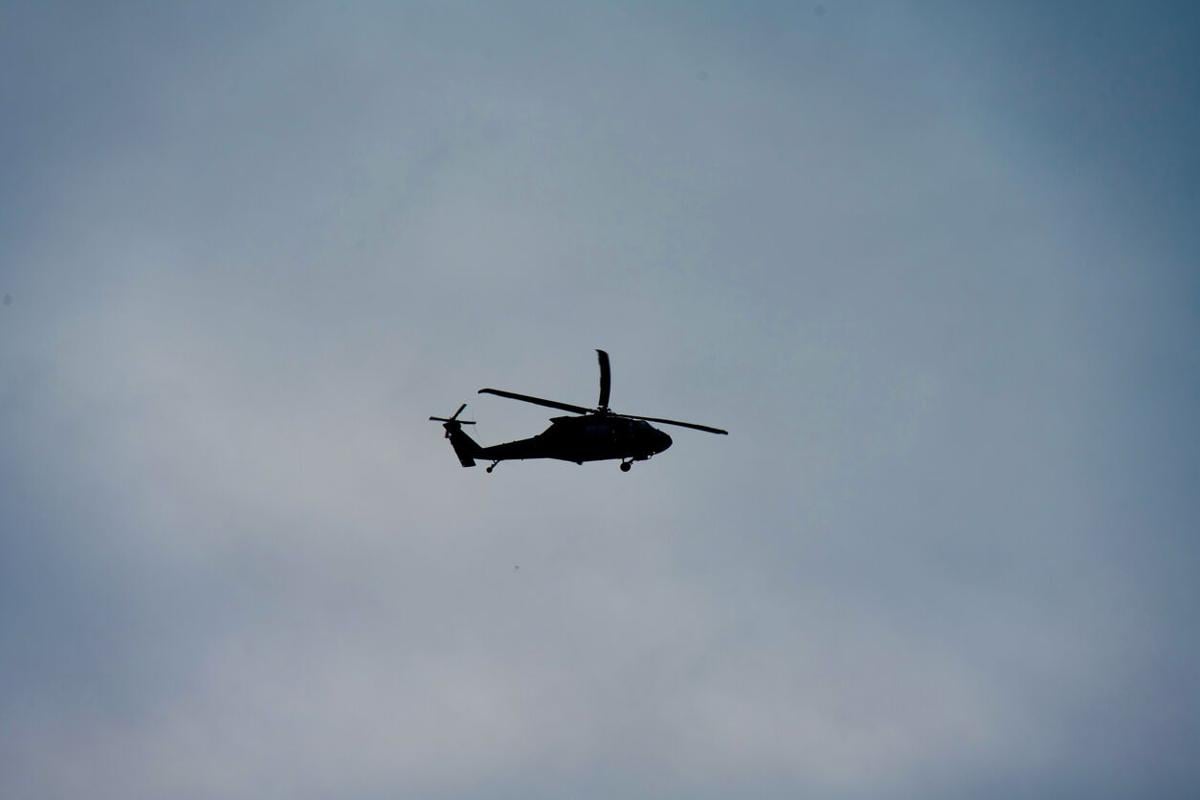Hikers overdue overnight and multiple backcountry injuries keep Colorado rescue team busy
$(window).load(function() {
window.setTimeout(affixShare, 2000);
function affixShare() {
var sHeight = $(‘#share-left-affix’).outerHeight(true);
var cHeight = $(‘#share-left-affix’).parent().outerHeight(true);
var sTop = $(‘#share-left-affix’).offset().top – 100;
var sBottom = $(document).height() – ($(‘#share-left-affix’).parent().offset().top + cHeight – 100);
if(cHeight > sHeight) {
$(‘#share-left-affix’).affix({
offset: { top: sTop, bottom: sBottom }
});
}
}
});
$(window).resize(function() {
var sHeight = $(‘#share-left-affix’).outerHeight(true);
var cHeight = $(‘#share-left-affix’).parent().outerHeight(true);
var sTop = $(‘#share-left-affix’).offset().top – 100;
var sBottom = $(document).height() – ($(‘#share-left-affix’).parent().offset().top + $(‘#share-left-affix’).parent().outerHeight(true) – 100);
if(cHeight > sHeight) {
$(‘#share-left-affix’).data(‘bs.affix’).options.offset.top = sTop;
$(‘#share-left-affix’).data(‘bs.affix’).options.offset.bottom = sBottom;
}
});
Grand County Search and Rescue reports that their team responded to four backcountry rescue missions between July 22 and July 28, with a look at these incidents showing both how summer can lead to an uptick in calls for help, also putting on display the variety of calls that search and rescue teams around the state need to be prepared to respond to.
The most recent incident spanned the days of July 27 and July 28, involving overdue hikers and an evening call for help that was received from Apple SOS. The two hikers were located in Hell Canyon Loop near Monarch Lake, with search efforts involving both boots on the ground and an aerial asset flying over the location in attempt to locate the hikers. The hikers were ultimately found on the morning of the second day, and despite being cold, tired, hungry, and dehydrated, they were otherwise safe and able to self-rescue.
The day before the initial call for help was received from the overdue hikers, the team responded to a report of an injured hiker on the Continental Divide Trail, more specifically between Bowen Mountain and Never Summer Mountain in Jackson County. In this case, crews were inserted via helicopter to reach the rescue subject, who had sustained a leg injury. The subject was ultimately transported via a Flight for Life helicopter to Grand County EMS, where they denied further medical care. Team members also assisted the rest of the hiker’s group in hiking out of the backcountry and to a trailhead.
A hiking injury also prompted a mission on July 22, with this mission also taking place on the Continental Divide Trail, but near Mount Flora. While this patient was ultimately able to walk out on their own with the assistance of those they were with and search and rescue crews, the response was important to expedite getting the hiker off of an exposed section of trail that was located above treeline. Given that thunderstorms and lightning can be commonplace during this time of the year, getting immobilized above treeline can result in a very dangerous situation.
A fourth incident that the Grand County Search and Rescue team responded to in recent days involved an injured mountain biker near Fraser. On July 25, the biker took a fall on Iko Trail and sustained a shoulder injury, which rendered them unable to continue. Rescuers responded and performed a trail evacuation.
These incidents show how many calls requiring mobilization in the backcountry some search and rescue teams can respond to over the course of a week. Given the volunteer-powered nature of Colorado’s search and rescue effort, it’s important to minimize risk while participating in outdoor recreation activities as much as possible. That said, never hesitate to call for help if help is needed as waiting can often make a situation worse. Carrying a dedicated satellite-connected emergency communication device, like a product from the Garmin inReach line, is important to ensure that a means of communication is present in the absence of cell phone coverage.
If you’re interested in supporting Colorado’s volunteer-powered search and rescue operation, one way to do so is through the purchase of a CORSAR card. It’s cheap, at only $5 per year.
STAY INFORMED: Get free Colorado news with our daily newsletter (Click here)




